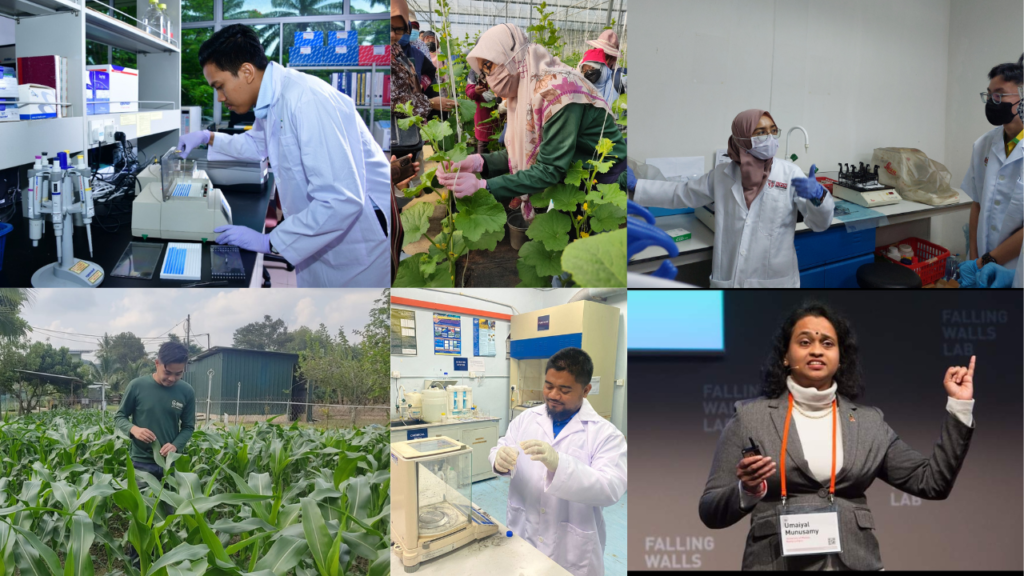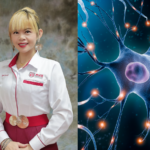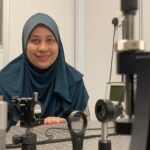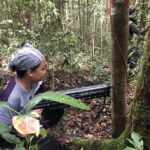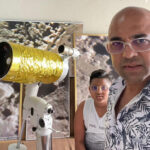Introduction
Some 50 years ago, a very common connotation one would make when discussing about jobs in agriculture was everyone who graduated from an agriculture program would work as farmers and literally grow plants or herd animals. As much as we appreciate the hard work of farmers, there are many more exciting positions that one can explore in the field of agriculture driven by the advances made in Science, Technology, Engineering and Mathematics (STEM) fields. If you wonder what types of career paths are available in agriculture, here are some STEM-related careers that you can choose from:
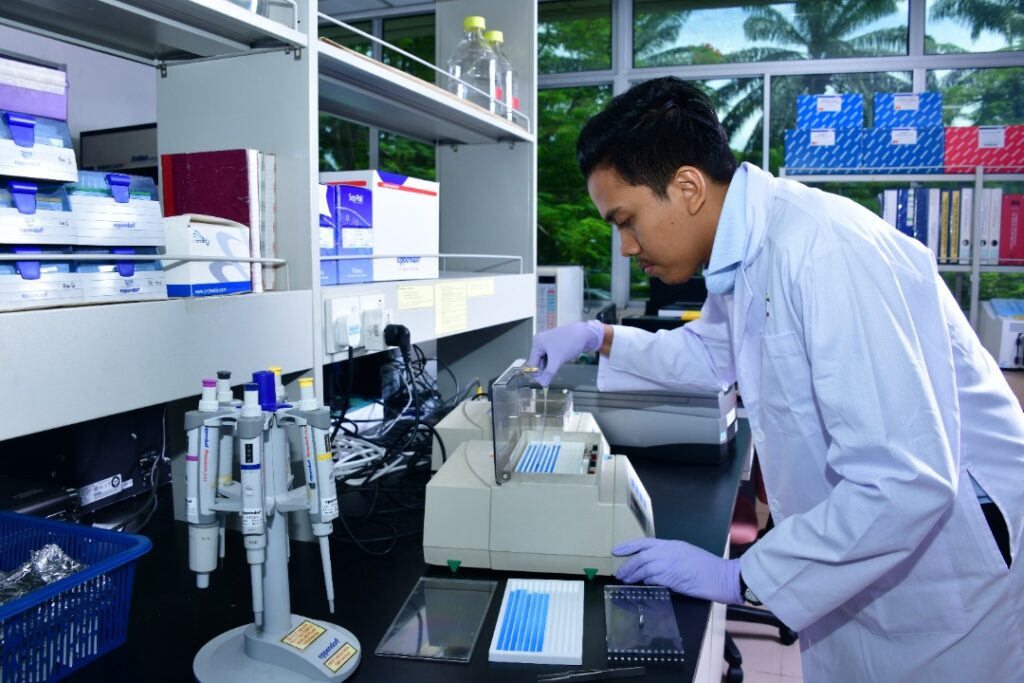
- I am all about analysing data and I don’t really prefer working in the field.
This does not sound right up the alley of agriculture, but believe me there are jobs suitable for you. Mr. Nabeel bin Ata Abdul Muneim, a Research Officer in the Malaysian Palm Oil Board (MPOB), is currently trying to understand the genome of the main pollinator of oil palm. He would like to exploit the knowledge gathered from this research for the advancement of vegetable oil and fats industry ecosystem especially in the palm oil industry in Malaysia. He mainly works with big genomic data – this means computer, data analysis and software – to find the missing gaps in plant research and tackle the issues in agriculture. When asked about how STEM graduates can contribute to the agricultural field, he said that technopreneurs who possess ‘exceptional’ problem-solving skills is very much needed. Other related careers that would suit data lovers include animal genomics data analyst and soil scientist.
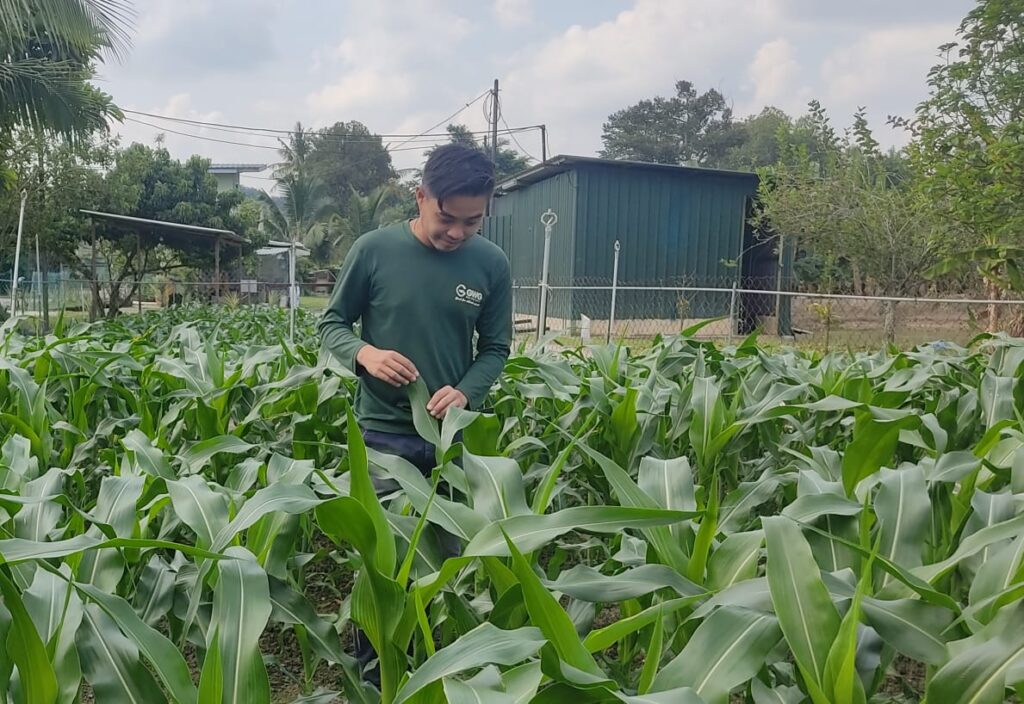
- I do not have a degree in agriculture. Can I still land a job in this sector?
Absolutely. There are various STEM paths that you can choose when pursuing your studies. Believe me that some of these paths will lead you to agriculture. Dr. Tan Cheng Seng is a trained molecular biologist who is currently the Assistant Station Head cum Lab Manager in Green World Genetics Sdn. Bhd. Even now, he is still using biotechnological approaches such as polymerase chain reaction (PCR) for quality control and marker assisted selection in breeding program. In his field of work, a combination of various STEM foundations is essential such as data analysis, molecular techniques, and microbiology knowledge on pest and disease control. He also recommends other careers that can be explored such as post-harvest executive for seed and fresh produce, crop breeder and agronomist.
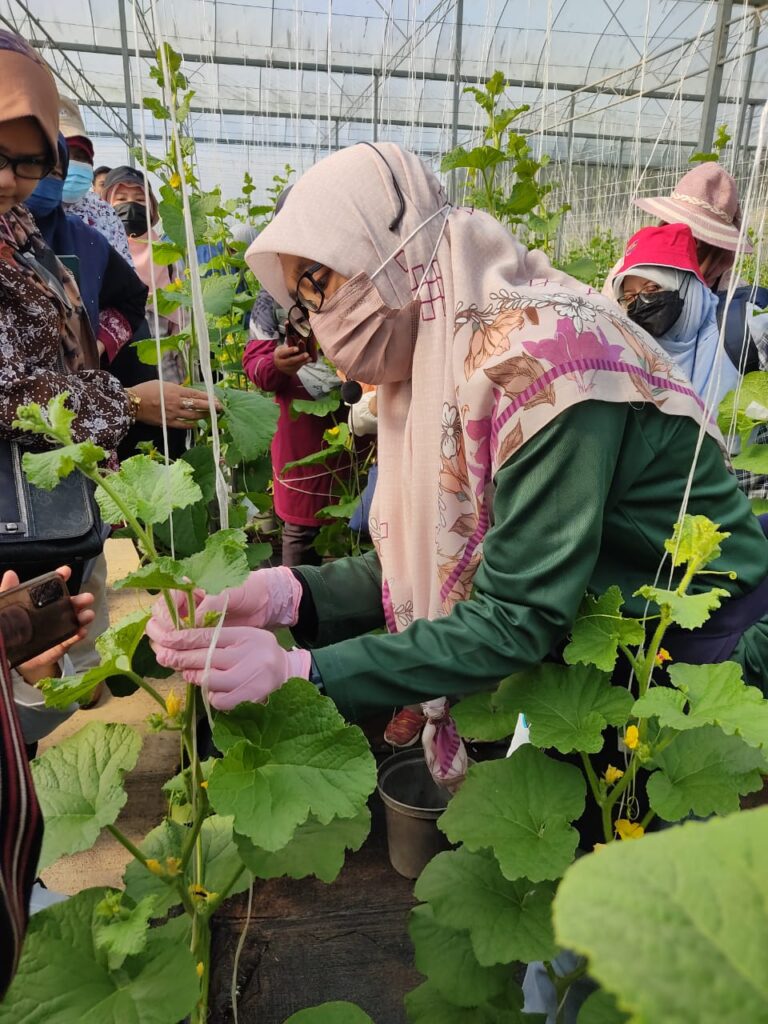
- I am a nature lover and love being outside. Is there any position that suits me?
Almost every position in the agricultural world will be perfect for you. Particularly if you are also passionate about STEM, you are able to use that knowledge in various agricultural sectors such as plant breeding and agronomy. As someone who loves being surrounded by nature, Ms. Zulaikha binti Mohd Adnan, a colleague of Dr. Tan Cheng Seng, is very contented to be a melon breeder. Not only she is responsible for producing new, high quality hybrid melon, she also got the chance to apply all the knowledge that she learnt such as crop production, plant breeding and biology in her current job. “It feels worth all the hard work” shared Ms Zulaikha when asked about how she felt about her job.
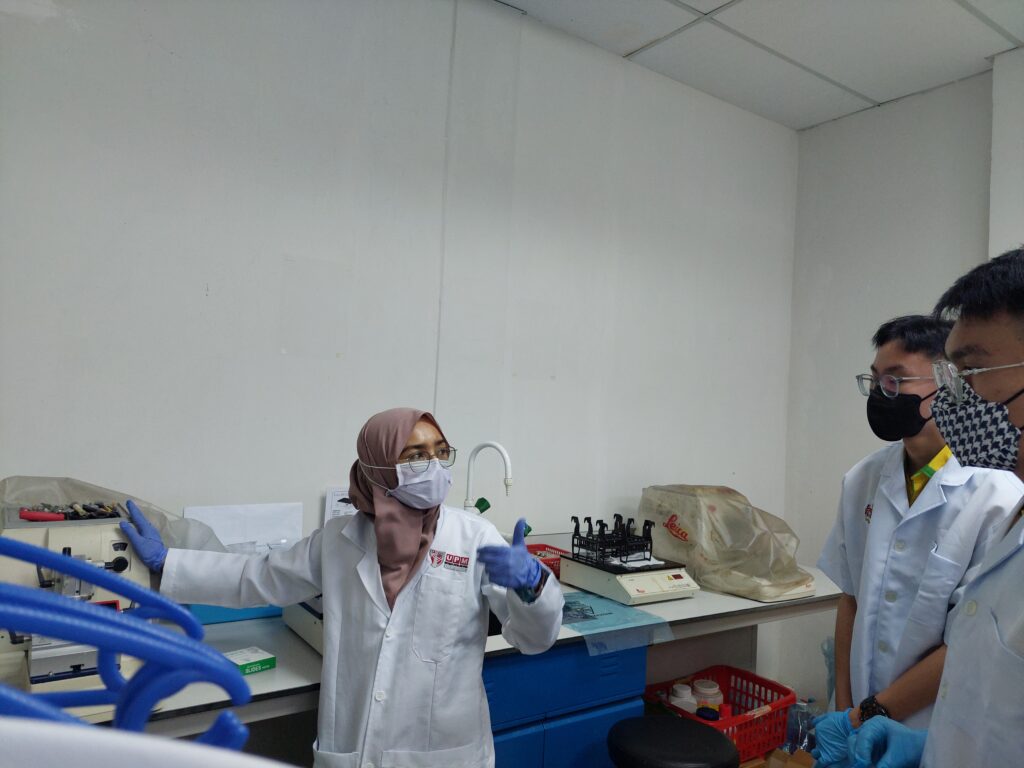
- I love Science, Technology, Engineering and Mathematics equally. What would be a good career path for me?
For those who have all the love for STEM equally, there are plenty of research-driven careers that you can explore. As a researcher, Dr. Nadiya Akmal Baharum, a Senior Lecturer in the Department of Cell and Molecular Biology, Faculty of Biotechnology and Biomolecular Sciences, Universiti Putra Malaysia, previously attempted to develop genetically modified banana with improved tolerance against fungal disease. Specializing in plant biotechnology, she emphasized that a researcher must have an inquisitive mind and high motivation to solve various issues in agriculture utilizing various cutting-edge technologies such as nanobiotechnology. According to Dr. Muhammad Nur Aiman bin Uda who is a Senior Lecturer in the Department of Agrotechnology, Universiti Malaysia Perlis (UniMaP), the interest for nanobiotechnology applications in agriculture is certainly growing. Development of biosensors and synthesis of nanomaterials for plant disease detection are examples of research areas that demand highly skilled STEM graduates to work as (but not limited to) research scientists, bioengineers and mechanical engineers.
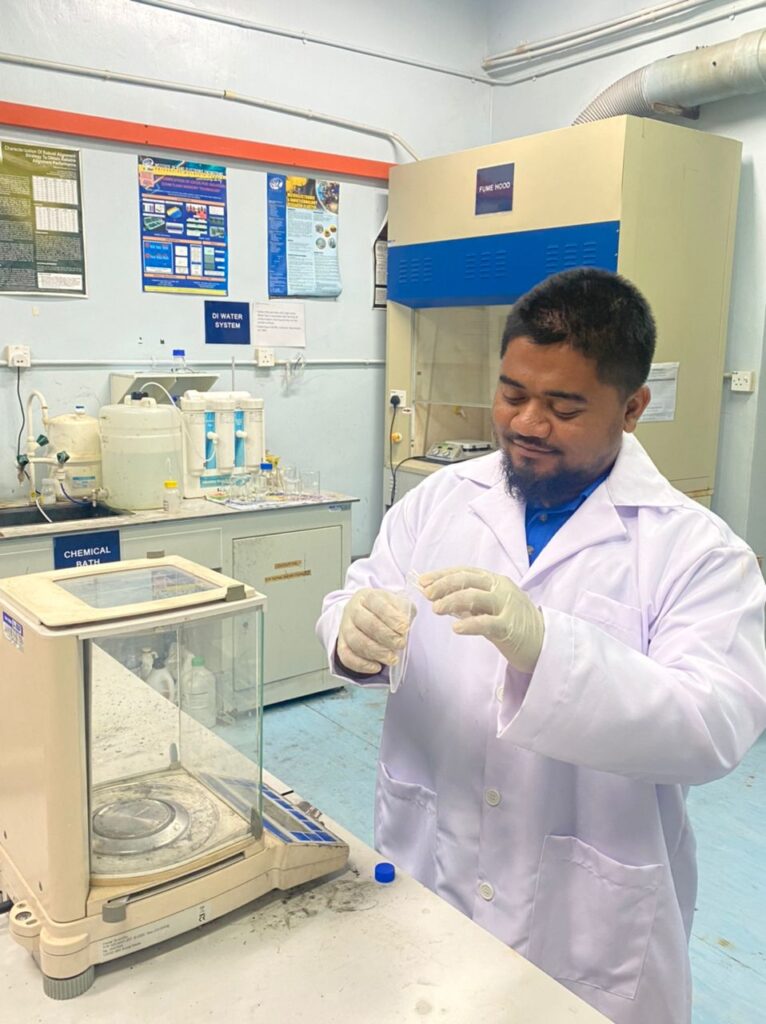
- Artificial intelligence (AI) and Internet of Things (IoT) are on the rise. Any chance for me to apply these in agriculture?
Definitely yes. Farming has long been associated with manual labour. If you envision to relieve the heavy burden of manual workers using AI and IoT, you can definitely do that in agriculture. There are many potential areas that can be revolutionized such as aerial survey and imaging, crop and soil monitoring and plant disease detection. “By integrating the fundamental knowledge in biological and chemical properties of soil and crop with the mechanic and field performance of machinery and equipment, we are able to witness the birth of some machinery and equipment that have been upgraded with artificial intelligent (AI) and Internet of Things (IoT) so that they can perform their duties autonomously”, said Assoc. Prof. Dr. Nazmi bin Mat Nawi, the Head of Laboratory of Plantation System Technology and Mechanization, Institute of Plantation Studies, Universiti Putra Malaysia, who shared his excitement on the application of STEM in agricultural mechanization. The job prospect for this field is also enticing in which students can choose to be a field engineer, mill engineer, production engineer, data scientist and robotic or automation specialist.
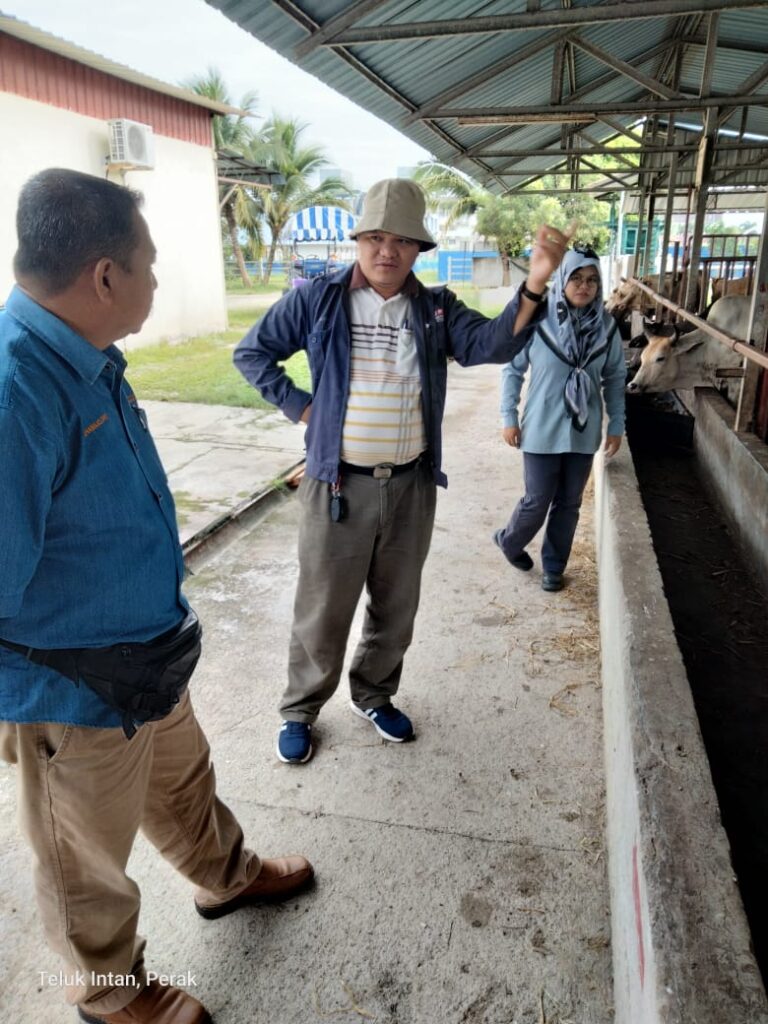
- I’m all about meeting new people and talking about Science. I doubt I can find a job in this field.
By now you are probably aware that people in agriculture usually do not work in silo. There are many different professions at various stages that closely interact with farmers, and thus need to communicate using the ‘same language’ to promote mutual understanding. Hence, here comes the role of a Science Communicator who acts as a bridge between the farmers and other professionals from both agricultural- or non-agricultural based background. As a Science Communicator, Ts. Dr. Umaiyal Munusamy assists in communicating with farmers on new technology and invention in laymen. Her background in Plant Biotechnology is also a huge bonus point for her. Dr. Umaiyal who is currently as a Science and Technology business program producer in an international and industrial based-company that produces high-end and sector-focused business events, summits, and conferences, also applies her research, writing, communication and collaboration skills to produce top-notch Science and Technology based program, including plant science, agriculture and technologies.
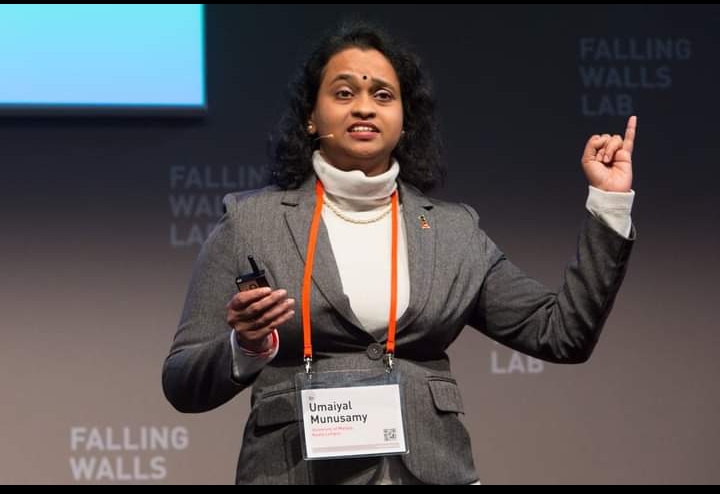
Conclusion
Whether you are an introvert or extrovert individual, love being out in the field or working from the comfort of your office, linked to an academia, an industry, or a research institute, the career opportunities for STEM graduates in the agriculture sector are endless. As diverse as the selections seem to be, all of them share a common goal which is to ensure the sustainability of high-quality food and feed for both human and animal population. Is it not satisfying to have a career that suits your passion and at the same time contributes for a better world?
Note: Author is a Senior Lecturer at Department of Cell and Molecular Biology, Faculty of Biotechnology and Biomolecular Sciences, Universiti Putra Malaysia.

